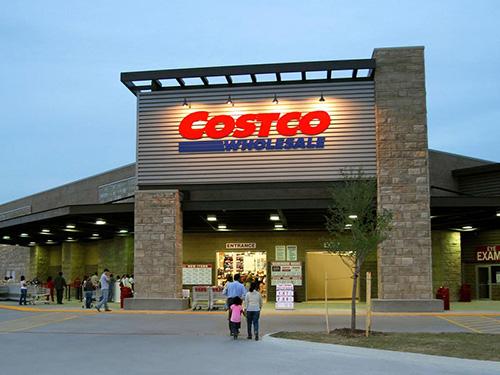Major Grocery Chains Pledge Immediate Action to Tackle High Food Prices
In a significant move to address the escalating concerns of high inflation in Canada, five major grocery chains, including retail giants Walmart and Costco, have committed to implementing “aggressive” price reductions on food products. This pivotal decision follows extensive discussions between François-Philippe Champagne, Canada’s Minister of Innovation, Science, and Industry, and top executives of these grocery chains. Together, Metro, Loblaws, Empire, Walmart, and Costco collectively account for approximately 80% of the Canadian grocery market.
The announcement, made on October 5, 2023, comes in response to mounting pressure from the federal government, which sought immediate action to curb the surge in food prices. September 2023 witnessed a staggering 11.4% increase in food prices compared to the same month the previous year, marking the highest annual rise since 1981. This steep inflation rate is nearly three times the overall inflation rate, which currently stands at 4%.
To alleviate the burden on Canadian consumers, the grocery chains have pledged to propose tangible measures to reduce food prices by Thanksgiving, which falls on October 9. Some initial actions that they have identified and plan to implement in the coming days and weeks include:
- Offering more discounts on essential food products, such as meat, dairy, eggs, fruits, and vegetables.
- Temporarily freezing prices on select items.
- Launching price-matching campaigns to enhance competitiveness in the market.
The federal government has assured vigilant monitoring of these actions through the establishment of a Grocery Task Force. This task force will not only track the progress and effectiveness of these measures but also investigate practices detrimental to consumers, such as “shrinkflation,” where products are sold in smaller quantities or sizes at the same price. Additionally, the government will introduce a Grocery Code of Conduct to enhance transparency and fairness within the industry and bolster data collection and analysis of food prices and supply chain costs.

While extending an olive branch, the government has made it clear that it reserves the right to take additional measures should the outlined actions fail to restore food price stability. Prime Minister Justin Trudeau has previously indicated that imposing taxes on grocery chains remains a possibility if substantial relief is not provided to consumers.
The government’s intervention in the realm of rising food prices arrives amidst growing public apprehension and discontent. Various factors, including supply chain disruptions, labor shortages, adverse weather conditions, tariffs, increased input costs, and rising wages, have contributed to surging food prices. A recent survey by the Agri-Food Analytics Lab at Dalhousie University underscores the impact, with 43% of Canadians reporting food inflation as their primary concern. Moreover, 20% of respondents indicated a likelihood of seeking food assistance from community organizations within the next six months. These soaring prices have forced some Canadians into making dietary compromises, potentially jeopardizing their health and well-being.
The government has reaffirmed its dedication to shielding consumers from the repercussions of escalating food prices and ensuring access to affordable and nutritious food. It has also undertaken collaborative efforts with other governmental bodies and stakeholders to address the root causes of inflation and bolster economic recovery.
Resources:
2.https://kdal610.com/2023/10/05/canadas-grocery-chains-pledge-to-help-cut-food-prices-govt-says/
3.https://dailyhive.com/vancouver/grocery-prices-canada
4.https://tradingeconomics.com/canada/food-inflation
5.https://www.grocerydive.com/news/canadas-grocery-chains-lower-food-prices/695958/